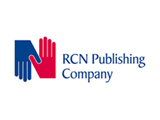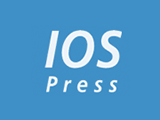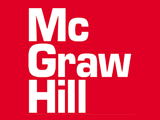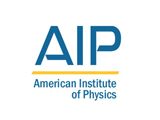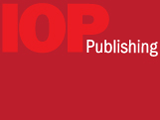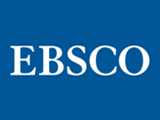Students, independent researchers and small businesses can now access many of the world’s best academic papers across science, technology, medicine and other disciplines through their local libraries. This is the result of a unique collaboration between librarians and publishers, who have made their journal content available for free to UK libraries under a new initiative,Access to Research.
Access to Research will provide licensed online access to over 1.5 million journal articles and conference proceedings through library terminals. With 8,400 journals included in the initiative at the moment, this will make content in the fields of Health and Biological Sciences (20%), Social Sciences (18%) and Engineering (14%) available to the public for the first time. Users will also be able to read a wide variety of articles in the fields of Art & Architecture, Business, Environmental Science, History, Journalism, Languages, Politics, Film, Philosophy and Religion, Mathematics and Physics.
Access to Research has been launched under the leadership of the Publishers Licensing Society in response to one of the mainrecommendations of the Finch Group, a committee convened by the UK government, to explore how access to publicly funded research could be expanded.
Publishers are making their journal content available free of charge and those participating so far are: ALPSP, Bloomsbury Publishing, Cambridge University Press, Dove Press, Elsevier, Emerald, IOP Publishing, Nature Publishing Group, Oxford University Press, Portland Press, SAGE Publications, Science Reviews 2000 Ltd., Springer, Taylor & Francis, Versita, Wiley,Wolters Kluwer Health.
Public libraries stand to benefit from this enhancement to their services and it is hoped that Access to Research will encourage more customers to visit their local library.
ProQuest, a global provider of digital content and technologies, has generously provided, pro bono, their widely-usedSummon® service to improve discoverability of this online journal content.
The pilot is open to all UK local authorities to participate, with over half of all local authorities already in the process of signing up their libraries to the initiative.
The technology to support the service has been road tested in 2013 by 250 public libraries within 10 local authorities (Buckinghamshire, Calderdale, East Sussex, Kent, Lewisham, Newcastle, Oxfordshire, Surrey, West Sussex, Windsor & Maidenhead).
The service will now be rolled out as a two-year pilot, commencing February 2014. During the pilot interest and uptake will be closely monitored to see how the service could be developed in the future.
Universities and Science Minister David Willetts said: “This country’s excellent science and research base is world-renowned and one of our greatest assets. With less than one per cent of the global population we produce over six per cent of global articles. But this still means the vast majority of global research is not subject to the UK’s open access policy.
“The Publishers Licensing Society’s excellent ‘Access to Research’ programme will now give the public free access to research around the world through our public libraries. This will connect people, including students and small businesses, to a wealth of global knowledge – maximising its impact and value.”
Richard Mollet, CEO, The Publishers Association, said: “The Access to Research initiative demonstrates publishers’ strong commitment to developing open access in the UK, and in taking forward the recommendations of the Finch review. This will be a hugely valuable pilot for publishers, libraries and their patrons. We look forward to monitoring the progress and update of this pilot and to seeing the collected data at the end of the two year period.”
Sarah Faulder, CEO, Publishers Licensing Society, said: “We have been impressed by the tremendous support of both publishers and librarians for this project. We are delighted to have been able to put in place a framework which enables ever wider access for the general public to a wealth of academic research.”
Janene Cox, Society of Chief Librarians, added: “This important initiative further cements the library as a local space for learning for the entire community. We are thrilled that we have reached this milestone with publishers and we look forward to rolling this out across all of our libraries.”
Audrey McCulloch, of the Association of Learned & Professional Society Publishers, said: “Many ALPSP members are excited about this initiative which will bring research from 8,400 academic journals to an even wider audience. This initiative should support innovation and allow many more interested readers to keep up to date with the latest research.”
Phill Hall, ProQuest Technologies said:“We are delighted to be involved in the Access to Research project. Our Summon service provides the perfect platform for reinforcing the pivotal role of libraries; facilitating meaningful research by helping users discover the most relevant content, and improving information literacy.”

























